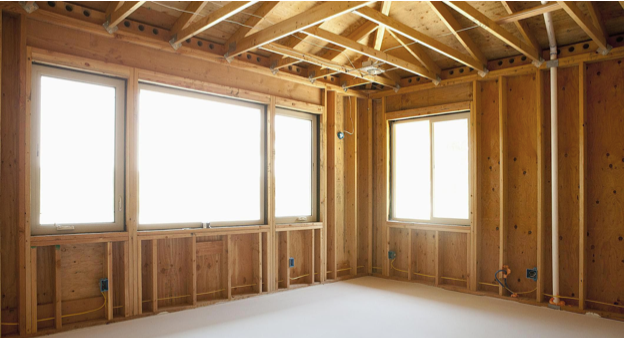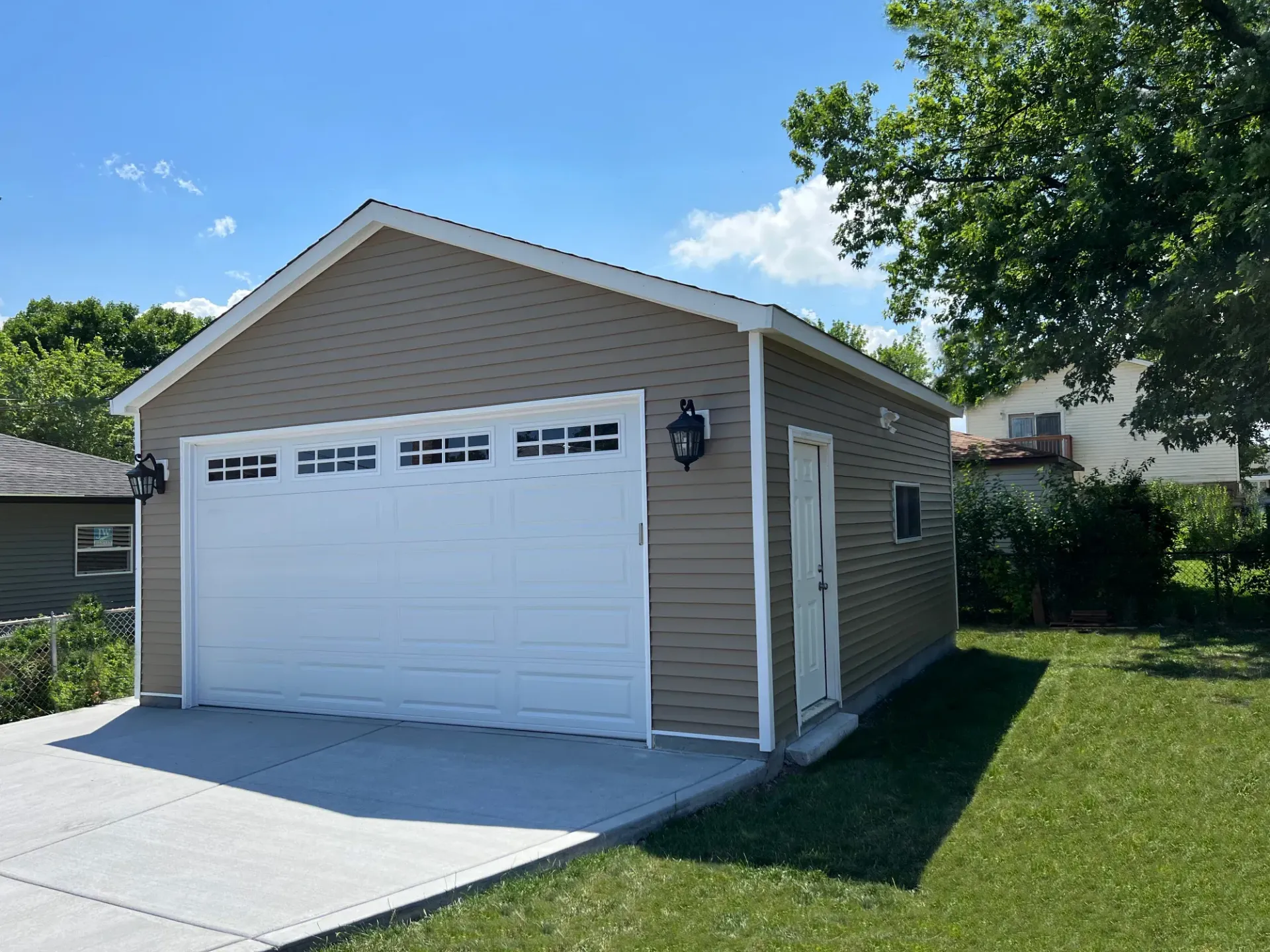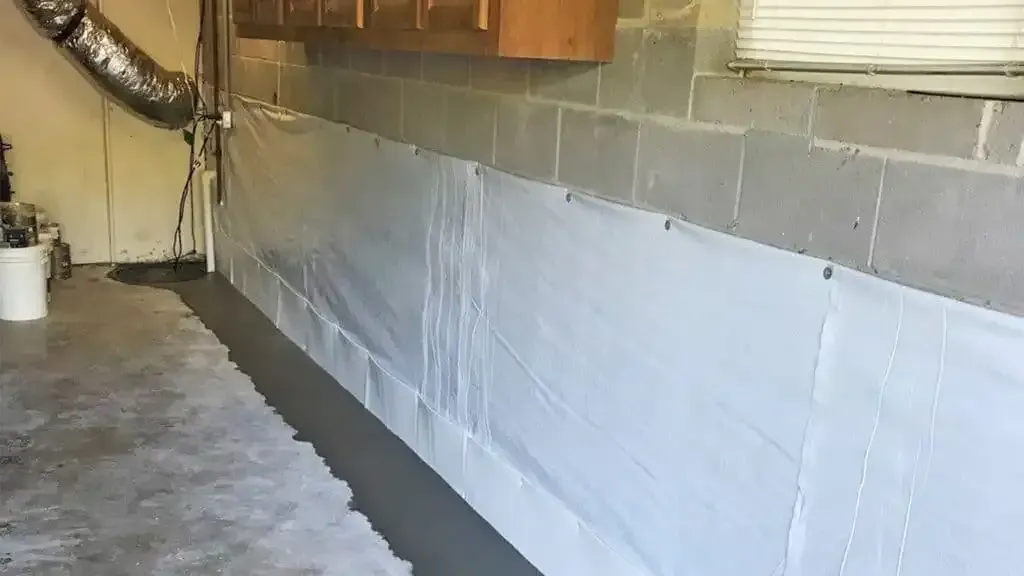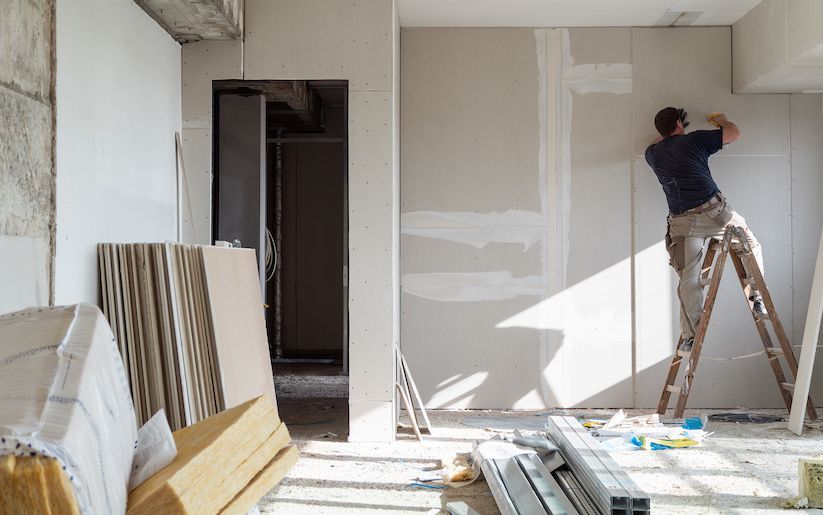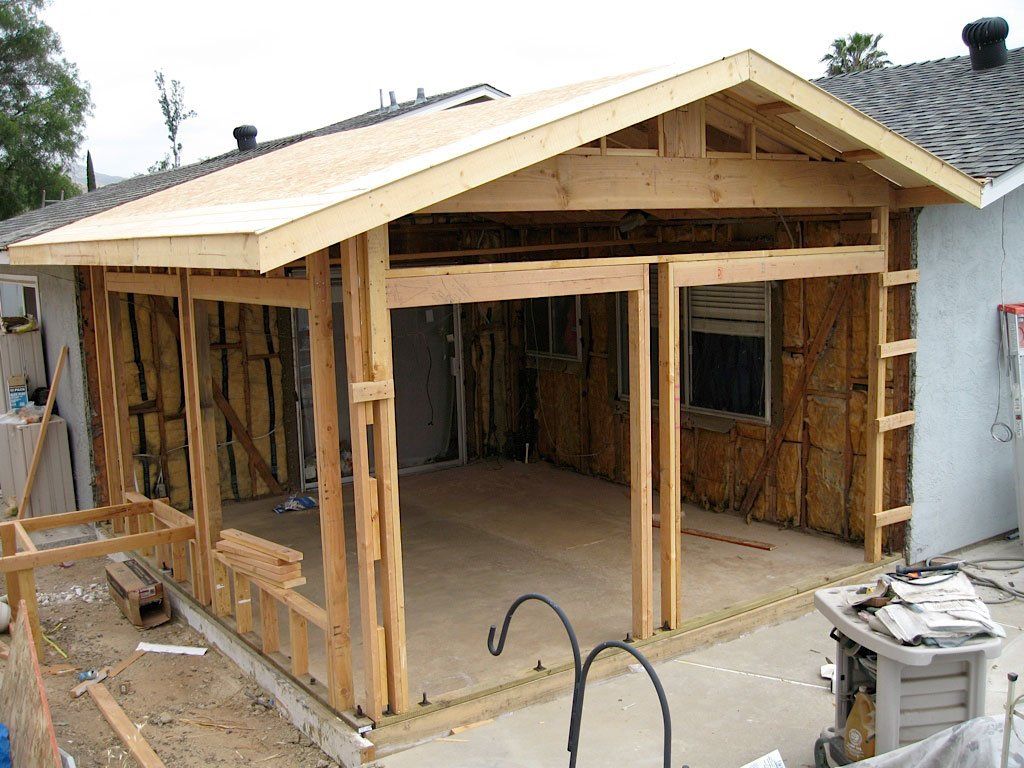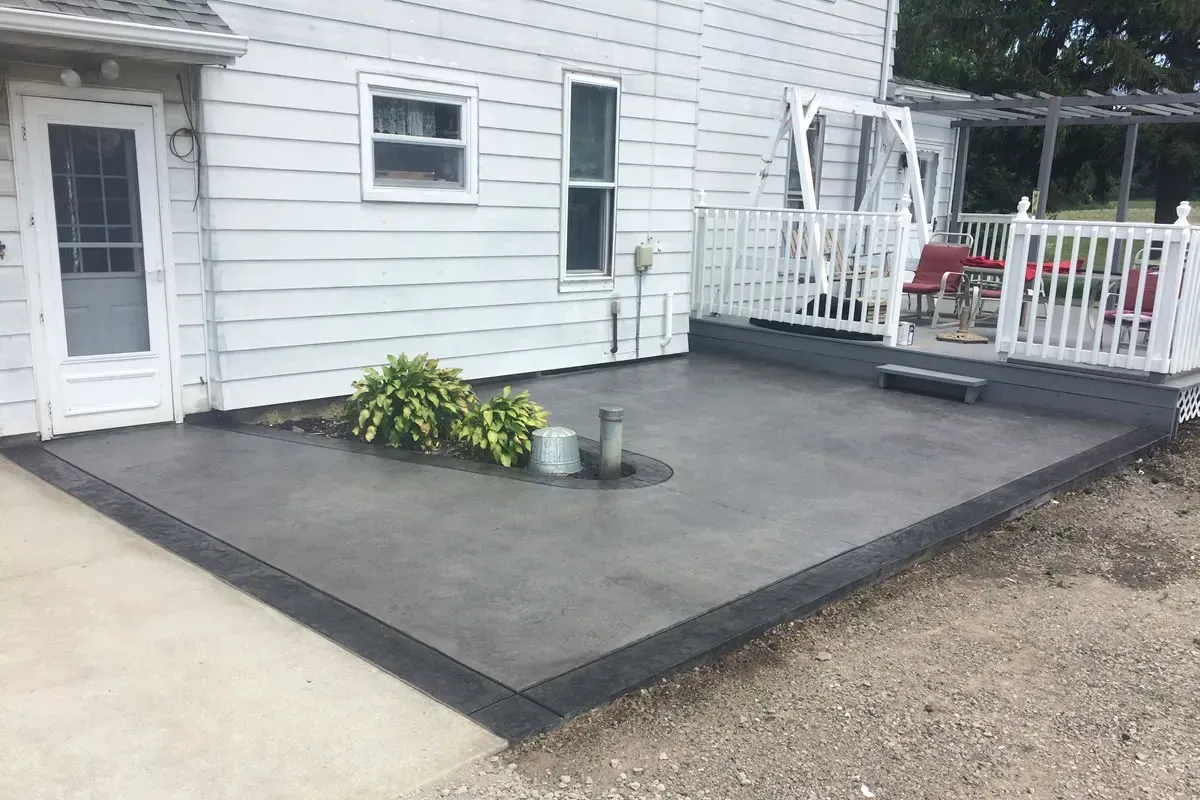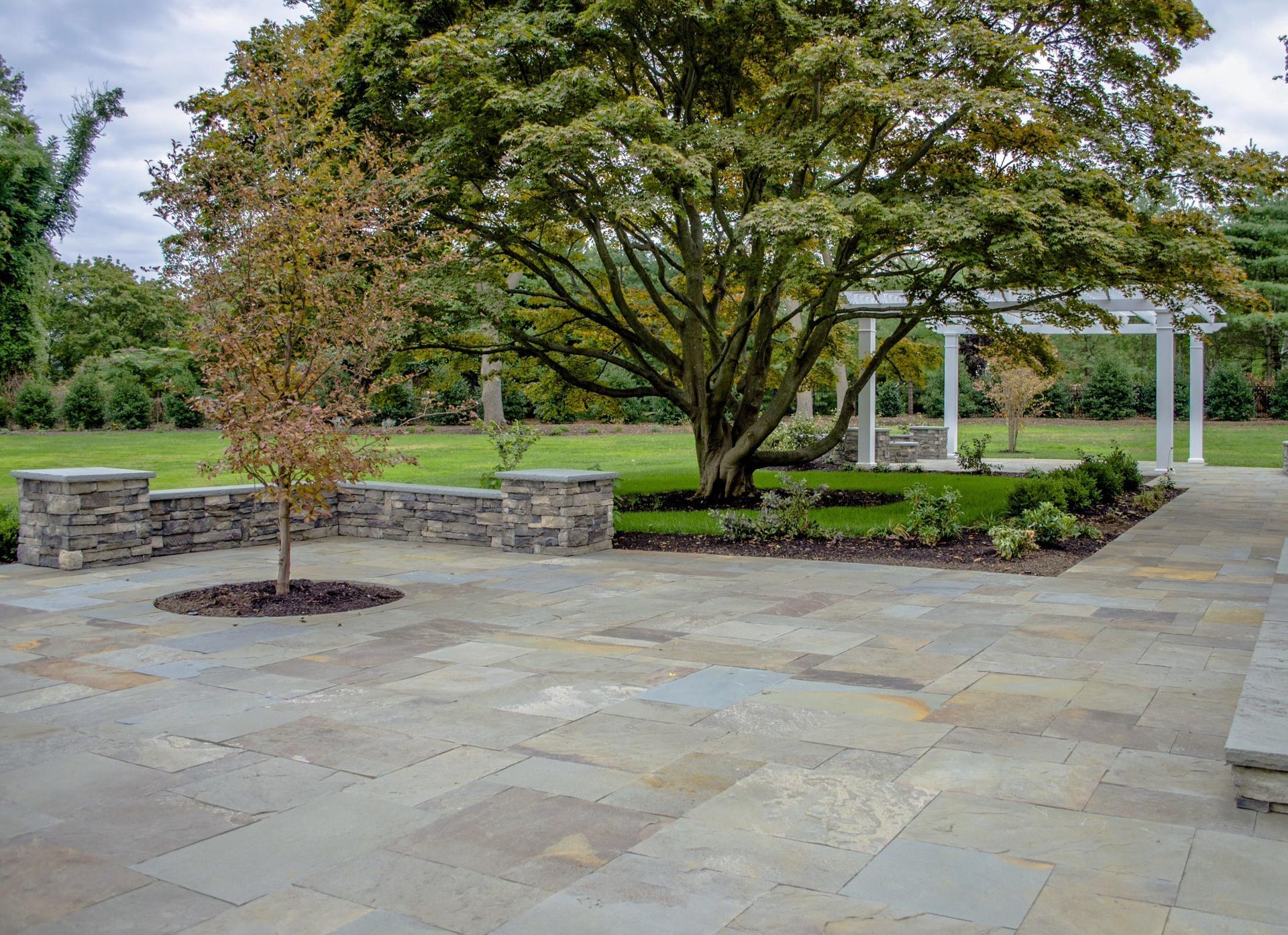Rhode Island Patio Cost Guide: Pavers, Concrete, & More
Building a patio in Rhode Island? Understanding local costs is crucial for planning your outdoor living space project. This comprehensive guide breaks down patio installation costs across the Ocean State, from Providence to Newport, helping homeowners make informed decisions about their backyard transformation.
Rhode Island Patio Cost Overview
Average patio costs in Rhode Island range from $12-35 per square foot, depending on materials and complexity. For a standard 300 square foot patio, expect to invest $3,600-10,500. These costs reflect Rhode Island's unique climate considerations, local labor rates, and material availability throughout Providence County, Kent County, Washington County, Newport County, and Bristol County.
Paver Patio Costs in Rhode Island
Paver patios are the most popular choice among Rhode Island homeowners due to their durability against freeze-thaw cycles common in New England.
Material Costs
- Concrete pavers: $8-15 per square foot installed
- Natural stone pavers: $15-25 per square foot installed
- Brick pavers: $10-18 per square foot installed
- Permeable pavers: $12-20 per square foot installed
Labor Costs in Rhode Island
Professional paver installation in Rhode Island typically costs $6-12 per square foot for labor, with higher rates in Providence, Newport, and Warwick due to increased demand and cost of living.
Total Paver Patio Investment
- Small patio (150 sq ft): $2,100-3,750
- Medium patio (300 sq ft): $4,200-7,500
- Large patio (500 sq ft): $7,000-12,500
Concrete Patio Costs Rhode Island
Concrete patios offer excellent value and work well with Rhode Island's coastal climate when properly installed with appropriate drainage.
Basic Concrete Patio Pricing
- Plain concrete: $6-12 per square foot
- Broom finish concrete: $8-14 per square foot
- Exposed aggregate: $10-16 per square foot
Factors Affecting Rhode Island Concrete Costs
- Site preparation: Rocky New England soil often requires additional excavation
- Frost protection: Proper footer depth increases costs by 10-15%
- Permits: Most Rhode Island municipalities require permits ($50-200)
Stamped Concrete Patio Costs
Stamped concrete provides the aesthetic appeal of natural materials at a lower cost, making it popular throughout Rhode Island communities.
Stamped Concrete Pricing
- Basic stamped patterns: $12-18 per square foot
- Complex designs with multiple colors: $15-25 per square foot
- Decorative borders and accents: Add $3-8 per linear foot
Popular Rhode Island Stamped Concrete Patterns
- Cobblestone (reflects historic Providence and Newport architecture)
- Slate patterns (complements coastal New England homes)
- Brick patterns (matches traditional Rhode Island colonial styles)
Natural Stone Patio Costs Rhode Island
Natural stone patios offer timeless appeal perfect for Rhode Island's historic charm, from Federal Hill to Watch Hill.
Material Options and Costs
- Bluestone: $18-28 per square foot installed
- Granite: $20-30 per square foot installed
- Limestone: $15-25 per square foot installed
- Flagstone: $16-24 per square foot installed
Rhode Island Stone Considerations
Local quarries in western Rhode Island can sometimes reduce material costs, while coastal areas may face higher delivery fees.
Factors Affecting Rhode Island Patio Costs
Geographic Location Within Rhode Island
- Providence metro area: 10-15% above state average
- Newport County: 15-20% premium for luxury market
- Rural areas (Foster, Glocester): 5-10% below average
- Coastal communities: Additional weatherproofing costs
Seasonal Timing
Rhode Island's construction season runs March through November. Installing during peak season (May-September) costs 10-20% more than shoulder seasons.
Site Conditions
- Slope and grading: $2-5 per square foot additional
- Drainage requirements: $500-2,000 for French drains
- Utility relocation: $300-1,500 depending on complexity
- Tree removal: $500-2,000 per large tree
Rhode Island Patio Installation Timeline
Typical Project Schedule
- Design and permits: 1-3 weeks
- Excavation and base prep: 2-3 days
- Installation: 3-5 days for average patio
- Cleanup and final grading: 1 day
Weather delays are common during Rhode Island's unpredictable spring and fall seasons.
Permits and Regulations Rhode Island
Most Rhode Island municipalities require permits for patios over 200 square feet or those involving significant grading. Contact local building departments in Providence, Warwick, Cranston, Pawtucket, or your specific city/town for requirements.
Common Permit Requirements
- Setback compliance: Typically 5-10 feet from property lines
- Drainage plans: Required for larger installations
- Utility clearance: 811 marking mandatory before excavation
Rhode Island Climate Considerations
The Ocean State's climate presents unique challenges for patio construction:
Winter Weather Impact
- Freeze-thaw cycles: Require proper base preparation and drainage
- Salt exposure: Coastal areas need sealed surfaces
- Snow load: Consider snow removal access in design
Drainage Requirements
Rhode Island's heavy spring rains and occasional coastal flooding make proper drainage essential. Budget an additional $1,000-3,000 for comprehensive drainage solutions.
Cost-Saving Tips for Rhode Island Homeowners
Material Selection Strategies
- Choose local materials when possible to reduce delivery costs
- Consider concrete pavers over natural stone for similar aesthetics
- Time purchases during off-season sales (November-February)
DIY vs Professional Installation
While DIY can save $6-12 per square foot in labor costs, Rhode Island's rocky soil and drainage requirements often make professional installation worthwhile for long-term durability.
Maintenance Costs Rhode Island Patios
Annual Maintenance Budget
- Cleaning and sealing: $200-500 annually
- Joint sand replacement: $100-300 every 2-3 years
- Crack repairs: $200-800 as needed
- Winter protection: $100-300 for covers/treatments
Long-term Investment Value
Quality patio installations in Rhode Island typically add 60-80% of their cost to home value, with higher returns in desirable areas like East Greenwich, Barrington, and coastal communities.
Financing Options Rhode Island Patio Projects
Common Financing Methods
- Home equity loans: Popular for larger projects ($10,000+)
- Personal loans: Good for mid-range installations
- Contractor financing: Many Rhode Island contractors offer payment plans
- Seasonal promotions: Watch for spring booking discounts
Questions to Ask Rhode Island Patio Contractors
Essential Contractor Questions
- Are you licensed and insured in Rhode Island?
- Can you provide local references from recent projects?
- What warranty do you offer on materials and labor?
- How do you handle Rhode Island's drainage requirements?
- What permits will be needed for my project?
Red Flags to Avoid
- Door-to-door solicitation (common after storms)
- Requests for full payment upfront
- Lack of local references or licensing
- Unusually low bids that seem too good to be true
Ready to transform your Rhode Island backyard with a beautiful new patio?
Rockhouse Construction specializes in professional patio installation throughout Rhode Island, from Providence to Newport and everywhere in between. Our experienced team understands local climate challenges, permitting requirements, and delivers quality craftsmanship that stands up to New England weather.
Contact Rockhouse Construction today for your free patio consultation and estimate.



